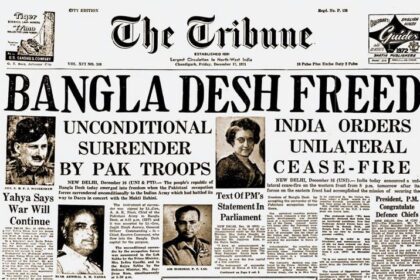A birthday wish, or a ticket to meet social expectations? Are we walking over sincere connections by making birthday texts feel like a dangerously big deal? Perhaps.
With the rapid spread of digital culture through social apps, sending a birthday message has become more convenient—and possibly even an obligation, whether willingly fulfilled or not. While this gesture is now common in many young Pakistani relationships today, are these wishes still genuine, or have they turned into a form of social exchange—a way to fulfil an obligation?
It’s as if sending a birthday wish means you’re ‘buying’ credits for the act, just to check off a long list of expected wishers. Here, the wish functions like a “receipt of affection”—proof that you’ve done what’s expected of a good friend, partner, or sibling. The unspoken deals accompanying such gestures often go unnoticed: “If I send you a birthday text, you’ll see I care, even if I don’t feel close right now.” “If I wish you a happy birthday, you’ll have to wish me back on mine.” Staying up until midnight to send a wish isn’t about genuine intention but about avoiding the appearance of neglect or hurt feelings. People can go as far as being upset for a long time, and you might even be indirectly taunted for not remembering their birthday.
This shows how birthday texts often act more as social currency exchanges than genuine expressions of emotion. The sense of “obligation” isn’t just about sending a message—people usually expect long, heartfelt wishes right at midnight. You might not have shown how much you appreciate a friend or sibling throughout the year, but on their birthday, it’s easy to do so just to meet an expectation. And why do the timing and length of your message matter so much? “The longer the message, the better the friend.”
The way you demonstrate loyalty with your message is interpreted based on your perceived closeness and their importance in your life. Over time, these messages can become so robotic and uniform that even sincerity is hard to feel. It’s obvious when someone tries hard to make a message look heartfelt and lengthy, stuffed with dozens of emojis. A birthday wish should be an act of remembrance, not a calendar reminder driven by social pressure. However, the sincerity has been heavily influenced by tools like birthday countdowns, story posts, and elaborate videos. Whoever does it best is seen as caring the most. If a friend doesn’t share an Instagram story about your birthday, are they even a true friend? Often, people begin to question whether everything is okay when a friend doesn’t post a story at midnight.
Why has wishing birthdays become a way to measure the strength of a connection? We’ve all felt the pressure ourselves—more than genuine care, the fear of judgement drives us to send a wish. The transactional nature of these texts turns what could be authentic feelings into routine obligations. People often feel ashamed if they forget to wish a close friend well, and even when they claim to understand, the tension remains because of feeling “not important enough” to be remembered early. Silent rules emerge, like “Who gets a birthday wish?” and “Who gets the longer one?” The line between true emotion and performative duty blurs when you rethink your message.
Do you truly mean what you’re typing, or are you creating false expectations by labelling someone with qualities you don’t genuinely believe they have? Before acting, consider whether you’re helping or hurting the connection. A simple, honest message can matter more than a flashy one. A sincere prayer, recalling a vivid moment, or genuinely admiring a characteristic—these can outweigh a long, scripted, socially driven message or a mandatory birthday video.
















